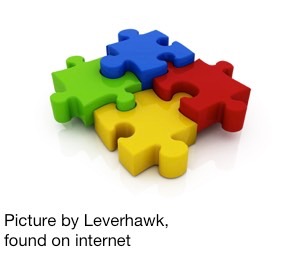Sign up for FlowVella
Sign up with FacebookAlready have an account? Sign in now
By registering you are agreeing to our
Terms of Service
Loading Flow

Problems at the level of society
The difficulty of understanding multicultural society is proven every day in the countries in question. It results from all the different factors at play. Think for instance about the effect of national cultures on one another, the related value patterns, the deviation of individual persons from their national averages, expectations, status, incomes, religion, housing, roles of men and women, clothing and behaviour. An important factor is about attitudes. Is the first generation immigrant seen as a guest or as a fellow member of society? A guest should adapt to the environment of the host, probably has a dominant link to the country of origin, will stay temporarily and should not make any demands (leaving alone being entitled to something). A future member of society should be welcomed, learnt the ropes, stand as soon as possible on his or her own feet, learn to speak the language, integrate and over four generation assimilate. These aspects of national cultures, values and attitudes are clearly visible in the relation between individual and the group.
Most, if not all problems of multicultural society have culture at the core, even socio-economic problems. The differences in culture in one and the same society is reflected in education, in business, the role of government, the functioning of parliament, in job performance and so on. Understanding one another is difficult, misunderstanding one another quite easy. At the same time the problems in question also occur between groups of the original national population.

Democracy guides the way of dealing with differences, the rule of law protect the difference, but the state itself is neutral.
Government should not have an opinion about the values people should aim for, as long as they remain within the framework of the law. Stating cultural demands to people as occurs in the present assimilation courses, is in conflict with that principle.
Paul Frissen and Albertine van Diepen, , de Volkskrant (Dutch newspaper), May 26th 2011

